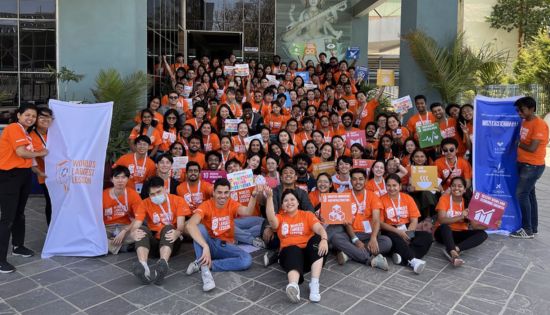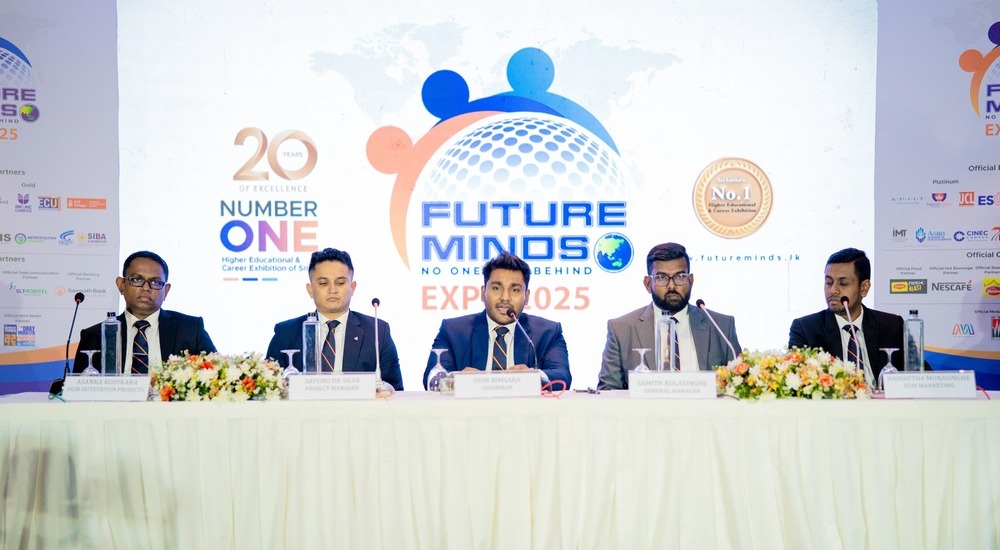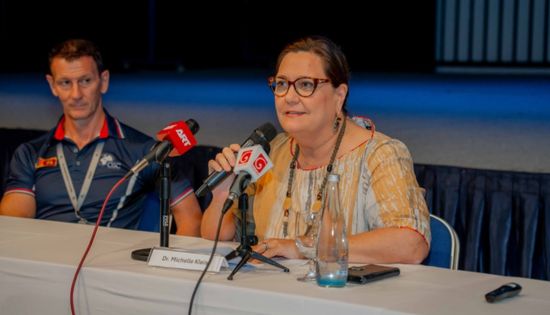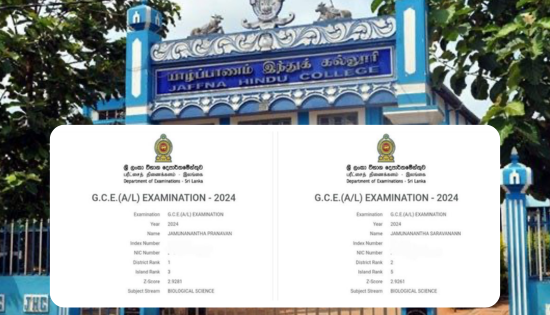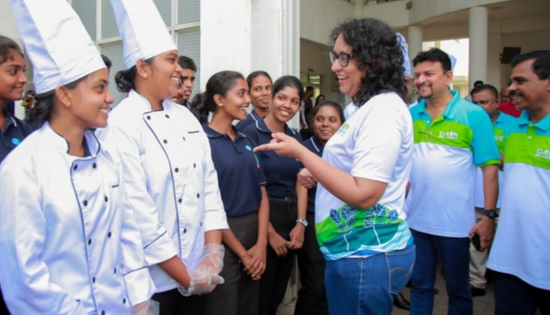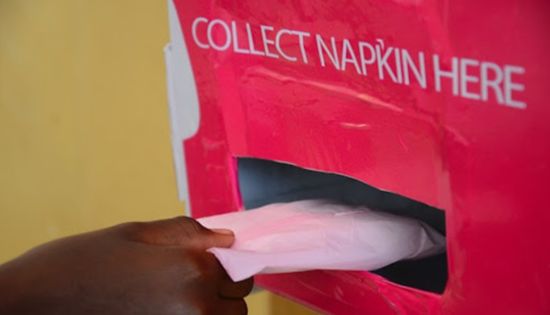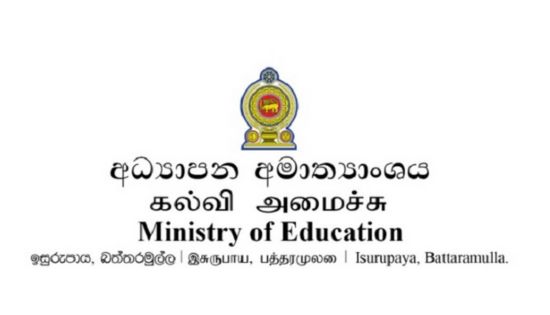A Blueprint for Integrating Finland’s Holistic and Singapore’s Innovative Education Models into Sri Lanka’s Future
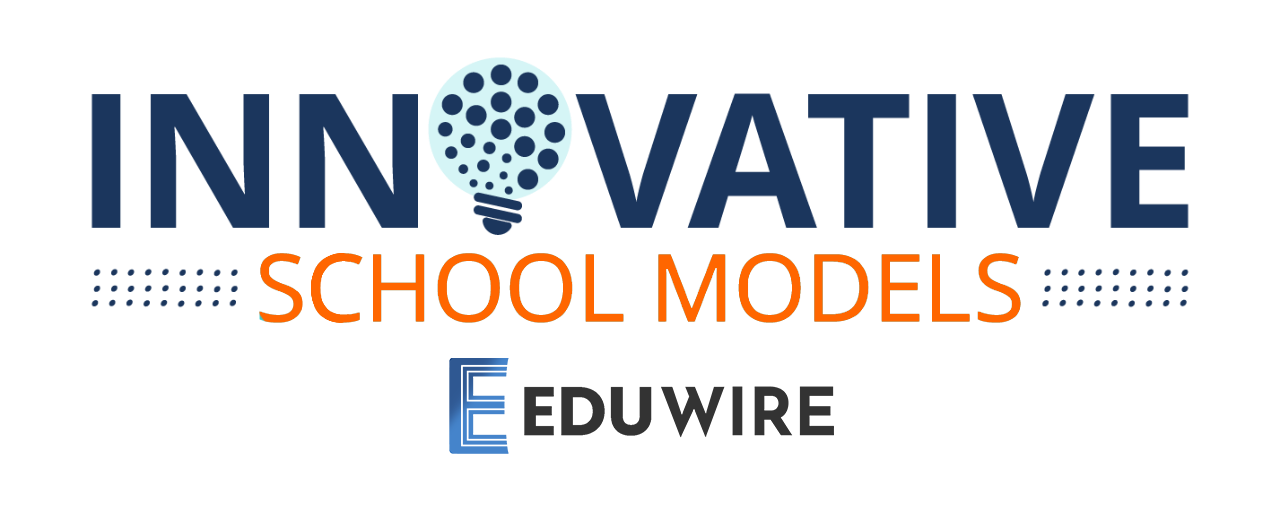
Integrating the best practices from Finland’s holistic education system with Singapore’s innovation-led approach offers a transformative blueprint for reshaping the Sri Lankan education system. This fusion aims not just at academic excellence but at nurturing well-rounded individuals equipped for the challenges and opportunities of the future. Below, we outline a strategic blueprint that amalgamates these elements into a coherent plan designed to elevate Sri Lanka’s educational standards and, by extension, its socio-economic growth.
A Vision for Sri Lanka: Integrating Holistic Wellbeing with Innovation
Creating a Balanced Curriculum: Drawing from Finland, the first step is to de-emphasize rote learning and high-stakes exams in favor of a balanced curriculum that promotes creativity, critical thinking, and problem-solving. This approach fosters a love for learning and encourages students to think independently. Complementing this with Singapore’s focus on STEM and innovation, the curriculum would be designed to equip students with the skills needed in the 21st-century economy, such as digital literacy, coding, and data analysis.
Emphasizing Wellbeing and Inclusivity: Adopting Finland’s student-centric approach means prioritizing the wellbeing and mental health of students.
This involves creating an inclusive learning environment that supports diverse learning needs and backgrounds, ensuring every student has the opportunity to succeed. Integrating physical education, arts, and mindfulness into the daily routine can contribute to healthier, happier students who are more engaged in their learning.
Innovative Teaching Methods: Inspired by Singapore’s emphasis on innovation, Sri Lankan schools can adopt pedagogical strategies that encourage active learning, collaboration, and the application of knowledge in real-world contexts. This could include project-based learning, where students work on cross-disciplinary projects that solve real-life problems, thereby fostering a culture of innovation from a young age.
Language and Bilingual Education: Emulating Singapore’s bilingual policy, Sri Lanka could bolster its students’ global competitiveness by strengthening English language proficiency while also nurturing proficiency in native languages. This bilingual approach enhances cognitive abilities and prepares students for a globalized world.
Technology Integration: Drawing inspiration from both Finland and Singapore, the integration of technology into education should be strategic and purposeful. This includes not only providing students with access to digital tools and resources but also teaching them how to use technology responsibly and creatively to solve problems.
Implementing the Blueprint: Steps Toward Transformation
Policy and Curriculum Revision: Begin with a comprehensive review and revision of existing educational policies and curricula to incorporate the holistic and innovative elements of the Finnish and Singaporean systems.
Teacher Training and Professional Development: Invest in extensive teacher training programs to prepare educators for the new pedagogical approaches, with a focus on continuous professional development and innovation in teaching methods.
Infrastructure and Resource Allocation: Upgrade educational infrastructure across the country to support the new curriculum, ensuring all schools have access to modern classrooms, laboratories, and digital technologies.
Stakeholder Engagement: Engage with parents, teachers, students, and the wider community to build support for the reforms, incorporating feedback and making adjustments as necessary.
Impact on Sri Lanka’s Future
Fostering a Creative and Innovative Workforce: By nurturing creativity, innovation, and critical thinking from a young age, Sri Lanka can develop a workforce that is adaptable, innovative, and capable of driving economic growth and development.
Enhancing Wellbeing and Social Cohesion: A focus on holistic wellbeing and inclusivity can lead to a healthier, more cohesive society, reducing disparities in education and ensuring all citizens have the opportunity to contribute to and benefit from economic growth.
Positioning Sri Lanka on the Global Stage: With a bilingual, technologically savvy, and innovative workforce, Sri Lanka can enhance its competitiveness in the global economy, attracting investment and fostering international collaboration.
Combining Finland’s holistic approach with Singapore’s focus on innovation provides a comprehensive blueprint for transforming Sri Lanka’s education system. This visionary plan not only aims at academic excellence but at producing well-rounded, innovative individuals who are prepared to tackle the challenges of the future. Through careful planning, investment, and community engagement, Sri Lanka can turn this blueprint into reality, setting the stage for a future of growth, innovation, and prosperity.
- SW – Suggestion by Team EduWire to Make a Better Tomorrow
Related News
Plans underway to integrate vocational training at school level – PM
Minister of Vocational Education, Prime Minister Harini Amarasuriya, says adequate attention is not drawn towards vocational education, but moving forward, necessary action…
Read MoreBBA (Hons) – Business Management – SLIIT
Employers prefer graduates with a broad skill set over those with specialized knowledge in today's fast-paced workplace. This demand is met by…
Read MoreCelebrating Innovation in Design : Uvinya Munasinghe Wins “Bench It” 2025
The City School of Architecture is shining with pride as one of its talented students, Uvinya Munasinghe, nailed the top spot in…
Read MoreSanitary pads for schoolgirls : announcement from Education Ministry
The 2025 programme to distribute sanitary pads to schoolgirls in Sri Lanka will be implemented exclusively through four commercial entities, the Education…
Read MoreApplication for Grade 1 Admission in Govt Schools 2026
Today, the Ministry of Education announced the release of instructions regarding the admission process for Grade One students in State schools for…
Read MoreCourses
-

IMC – Bachelor of Psychology
IMC Education Overview IMC Campus in partnership with Lincoln University College (LUC) Malaysia offers Bachelor of Psychology Degree right here in Sri… -

ANC – BA (Hons) International Business Management (Top-Up)
ANC Education Overview Designed in partnership with public and private business organizations, this program develops one’s ability to critically evaluate business models… -

IIT – BSc (Hons) Computer Science
IIT Campus Overview BSc (Hons) Computer Science provides a solid foundation and training regarding the fundamentals of the computer science field, along… -

APIIT – BSc (Hons) Cyber Security
APIIT Sri Lanka Overview Our BSc (Hons) Cyber Security award is designed to launch your future career in the protection of software… -

ICBS – BSC (Hons) Business Management with Marketing Management
ICBS Overview The BSc (Hons) Business Management with Marketing program, awarded by Queen Margaret University (QMU), is a highly regarded degree that… -

UTS – Diploma of Science
UTS College Sri Lanka Overview The Diploma of Science is designed to empower you to apply scientific thinking and analysis to important… -

CSA – Master of Architecture and Environmental Design
City School of Architecture Overview The Master of Architecture and Environmental Design Degree at CSA is awarded by the University of the… -

APIIT – BSc (Hons) International Business Management
APIIT Sri Lanka Overview Increasingly businesses are becoming more and more international. This requires business management professionals to have knowledge, skills and… -

IIT – BSc (Hons) Artificial Intelligence And Data Science
IIT Campus Overview The BSc (Hons) Artificial Intelligence and Data Science course is awarded by Robert Gordon University (RGU) in the UK… -

ICBS – International Degree Foundation in Business / IT
ICBS Overview The Scottish Qualification Authority (SQA) is a globally recognized organization dedicated to education and qualification development. SQA is responsible for… -

APIIT – BA (Hons) Finance and Business Enterprise
APIIT Sri Lanka Overview Finance and accounting are no longer just about taxation and the management of financial capital. This award will… -

APIIT – MBA General
APIIT Sri Lanka Overview The MBA is awarded by Staffordshire University, UK. This award is an advanced course of study in management… -

ANC – LLM in International Business & Commercial Law
ANC Education Overview This course is designed for graduates of law, business and finance in a legal or a corporate job role… -

AOD – BA (Hons) Fashion Design and Marketing
Academy of Design Overview The syllabus is from the UK’s Northumbria University, as one of their most revered flagship programmes and is… -

APIIT – MSc. Marketing Management
APIIT Sri Lanka Overview This MSc Marketing Management degree – awarded by Staffordshire University, UK is an advanced course of study in…
Newswire
-

World Test Championship (2025-2027) Points table
ON: July 6, 2025 -

Sajith proposes 4 step fix to Temu-Aliexpress issue
ON: July 6, 2025 -
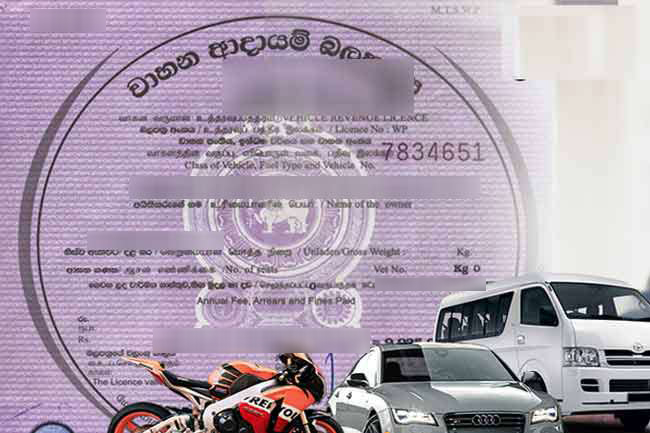
Electronic Revenue Licence System Temporarily Unavailable
ON: July 6, 2025 -
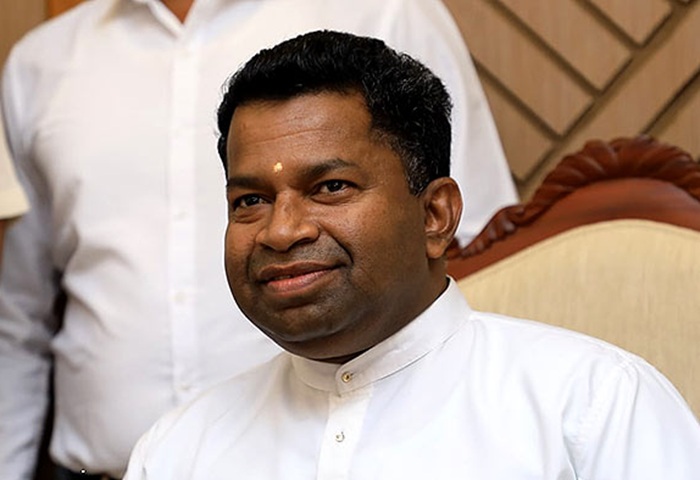
Pillayan’s associate “Iniya Bharathi” arrested
ON: July 6, 2025

